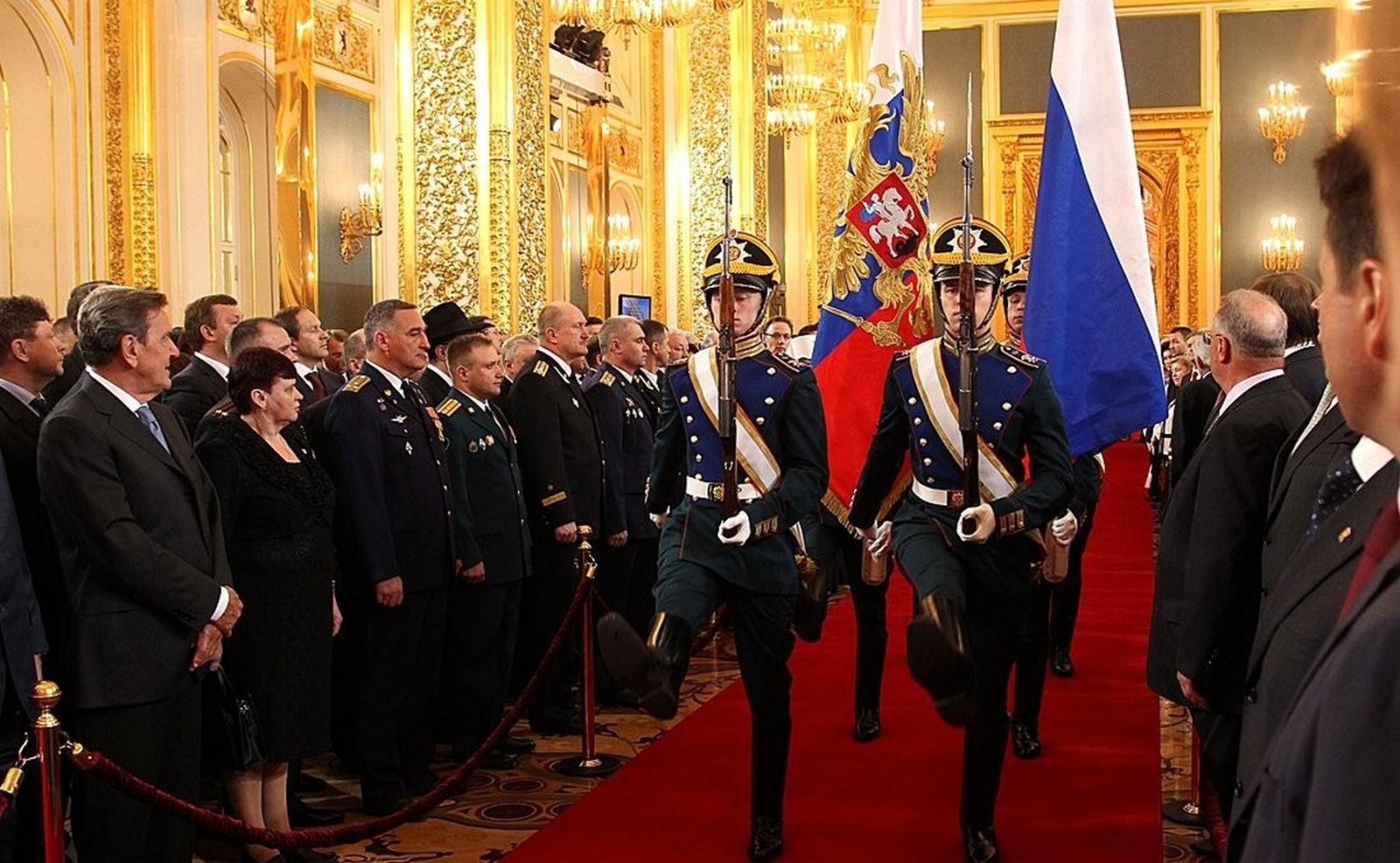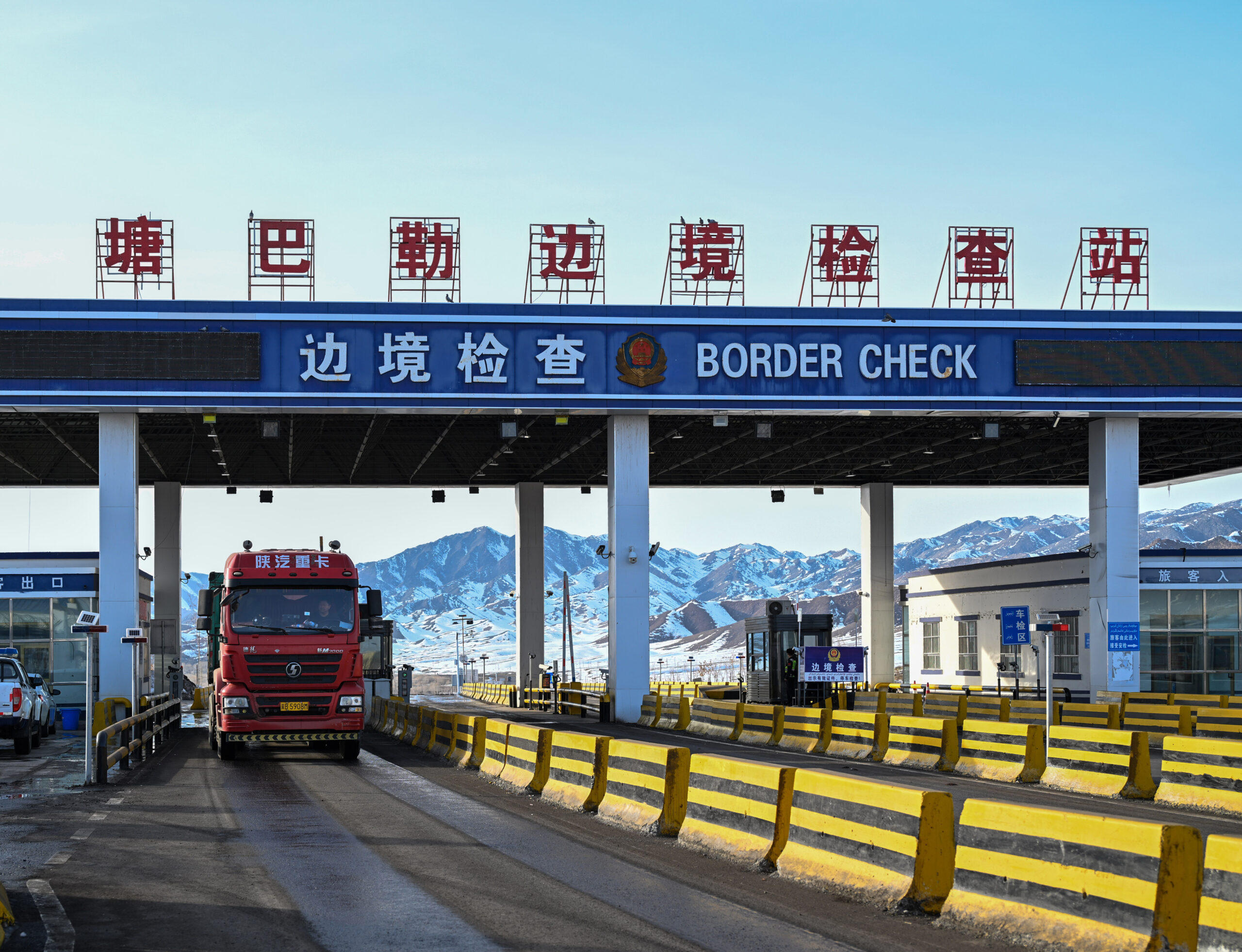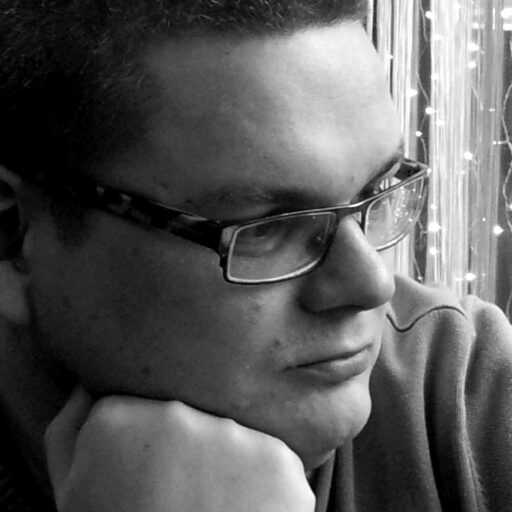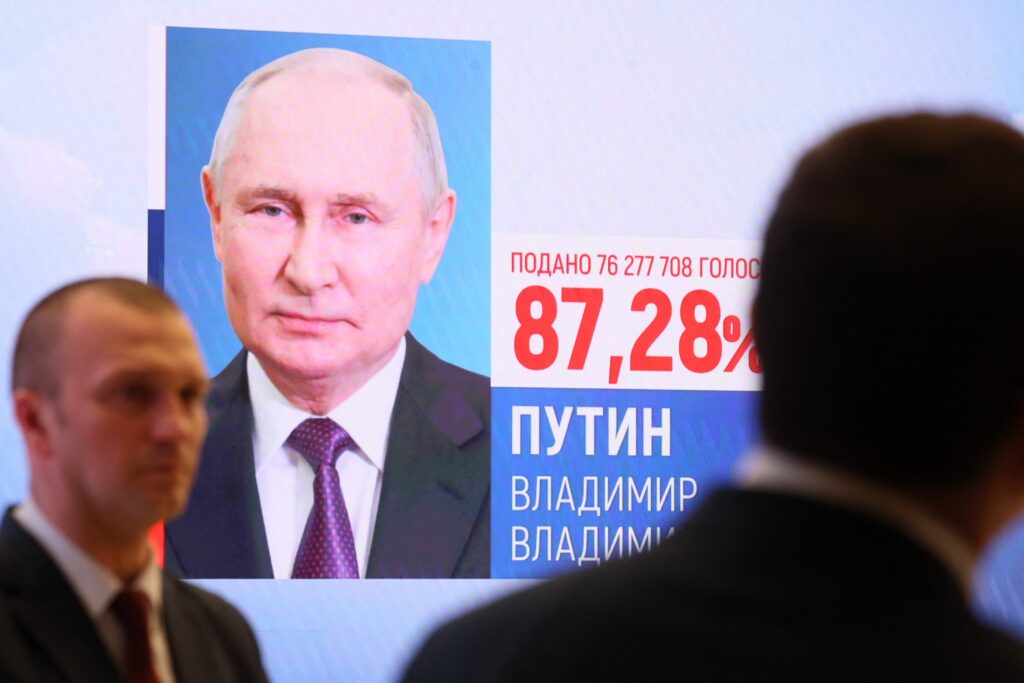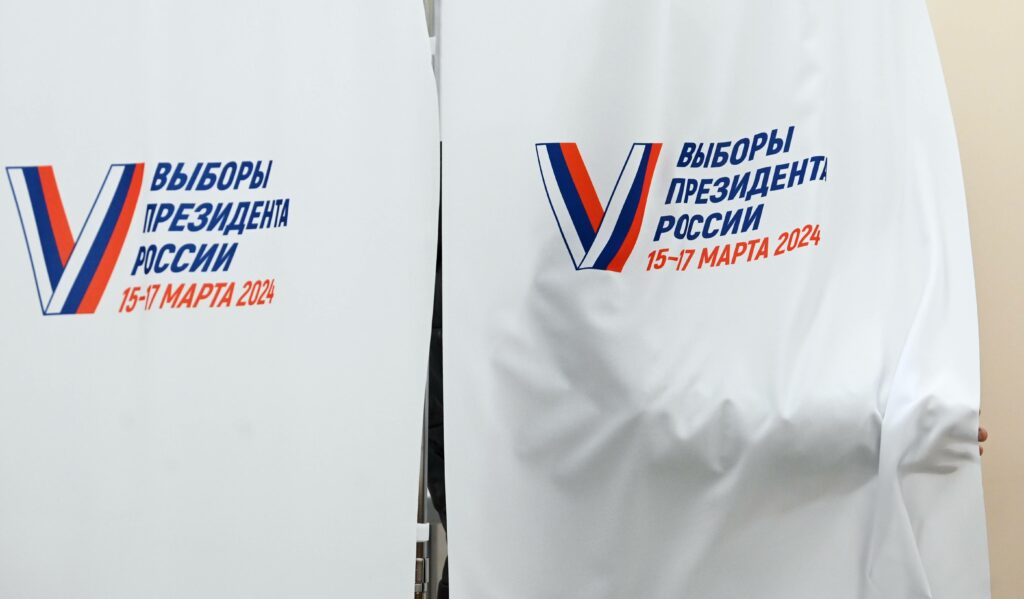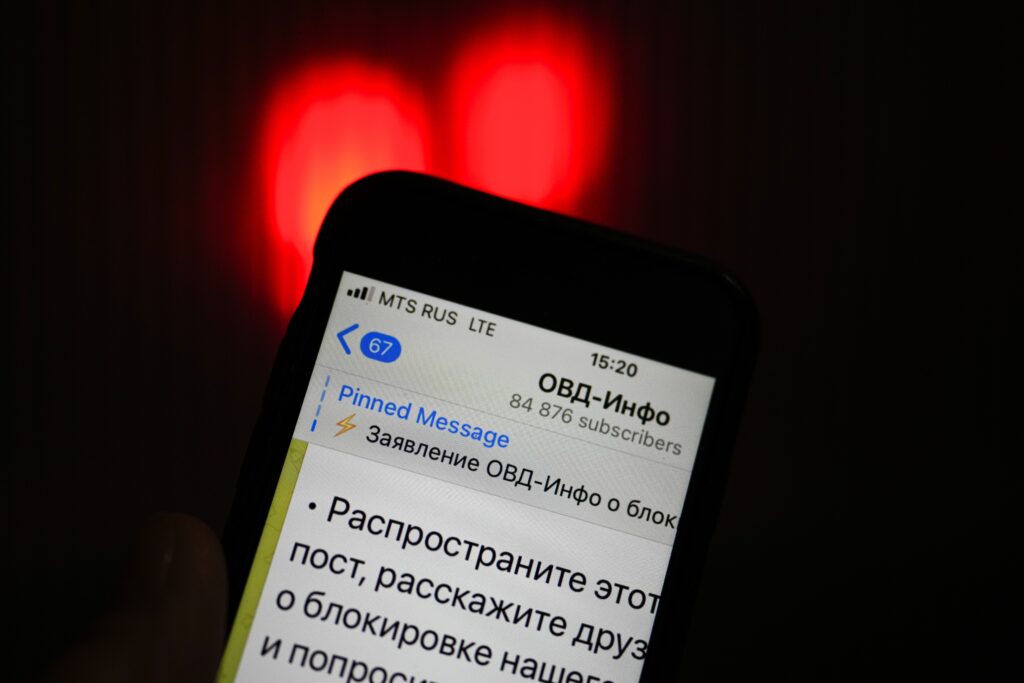Perhaps the ceremonial nature of how the president takes his fourth inaugural oath is more important than the oath itself. The great imperial style, the echoing halls of the Kremlin, the tribune in place of the throne, the soldiers of the presidential regiment in 19th century formation, the parade on Cathedral Square and the salute — all merge into one distinct statement: He is our Tsar.
Even a Russian-made car, specially designed for this celebration, is also a sign: a demonstration of readiness for isolation, all for the sake of achieving higher goals.
A preface for the celebration
The context of Putin’s inauguration helps us understand what was said and what is being done. The context is a nationwide protest organized by Alexei Navalny (and almost universally unauthorized by the authorities). The strapline of those protests was “He is not our Tsar,” and it all took place in almost a hundred Russian cities on May 5th.
The authorities were prepared: some of Navalny’s active supporters and staff of his regional offices started to get detained in the leadup to the event, often under absurd pretexts. Ilya Gantvarga in St. Petersburg, for example, was detained for a picket in memory of those killed in the fire of Kemerovo shopping center “Winter Cherry”. Ryazan, Krasnoyarsk, Kemerovo, Tambov, Krasnodar, and, of course, Moscow, is the incomplete list of the cities where the policemen decided to visit potential participants of the rallies in advance of May 5th.
On the eve of the protests, observers questioned whether the Kremlin would risk spoiling a serene TV image before the inauguration, whether it would go for a violent crackdown. The Kremlin showed no deficit of determination. “He is not our tsar!” – participants of the rallies may have proclaimed. The reply was equally emphatic: Yes, he is, answered the police batons.
The result? More than 1,500 detainees across the country (in Moscow alone—708 people). There were bruises, broken noses and broken ribs. Police grabbed people indisciminately. If minors were among the crowd, they were given no allowances. The background for yet another inauguration for the eternal president was now no longer the pictures of enthusiastic courtiers in the grand corridors of the Kremlin, but photographs of children wrestling with riot police. Of course, official Russian TV channels did not notice the protests, but the Internet is full of photos and video content from these nation-wide rallies.
The news media also has a special case for “celebrations” this time round. According to the Russian Union of Journalists, 23 employees of various publications were detained or injured during the rallies. In Moscow, even a correspondent of the hyper-loyal “Komsomolskaya Pravda” newspaper got a taste of the whip.
In this context the president’s Kremlin Palace speech begins to be perceived either as an anecdote or as a mockery. Putin first deprives Russian citizens of the constitutionally guaranteed right to assemble peacefully, without weapons, hold rallies, gatherings and processions, and then, laying a hand on the Constitution, talks about the “unconditional primacy and priority of the rights and freedoms”. He talks about the future, about the need for a breakthrough (the same idea was voiced in the Address to the Federal Assembly), and, most importantly, about the “daring youth”, which should enter that future and make that breakthrough. He says this when everyone has before their eyes pictures of “daring youth” being beaten and thrown into police vans.
He talks about the “development of the entire nation” being constrained by “crass conservatism”, forgetting how the protesters were beaten by the Cossacks with whips in Moscow’s Pushkin Square with the complete oversight of the police on May 5th.
All of it sounds absurd. And here it becomes clear that the scenery is more important than words being said by the president. Empty vows of loyalty to the democratic process mean very little; what takes on significance is the intrigues of the courtiers: who was invited to the celebration? Who was not? Who got placed closer to Putin, and who were banished to the grotty seats? Which guests had a chance to speak to the camera and publically rejoice?
Traditions and Innovations
Cossacks, mentioned above, are also quite important. Thanks to the publication by The Bell, it turned out that at least some of these volunteer police assistants — people who appeared on the square on May 5th were not accidental guests. Among the attackers of peaceful demonstrators were members of the so-called “Central Cossack Army,” who have received grants worth 16 million rubles from Moscow City Administration over the past two years, and participated in special trainings to disperse protesters — also organized by the mayor’s office. The leader of the “Central Cossack Army,” Ivan Mironov, is a retired lieutenant general of the FSB with experience in regional government and Russia’s security structures.
This moment is unique: Before, the authorities did not dare to openly use paramilitarist groups of ultra-patriots against their own critics. In fact, they were embarrassed by them; sometimes, they even cautioned them for excessive zeal. For example, the story of the scandal surrounding the exhibition of Jock Sturges at the Moscow Lumiere Brothers Center. Occasionally, they did not prosecute when they should have done, such as an activist of the organization SERB, who attacked Alexey Navalny.
But on May 5th, these ultra-patriots, for the first time, were given the right to use violence against the opposition. By the way, a whip in the right hands is perhaps an even more effective weapon than a rubber baton. And also – a symbol with a rich historical background.
This is also quite a direct statement: what is once done is easy to repeat. The authorities are now ready, it would seem, to play with the opposition in a hybrid civil war. Dissent will be suppressed, not only via freshly passed punitive laws, but also on “broad public support” which for a long time now has been offered by a variety of activists from “patriotic” and “military-patriotic” organizations.
Those who are dissatisfied with tsar’s policies are the enemies by definition. And they are dealt with not only with the help of the professionals but by enthusiastic groups from the people. The Russian word “pogrom” has not needed a translation for a long time already; it’s an old and proven practice. It is one of those traditional values Putin mentioned that needs to be guarded.
The victims
After each protest, disputes begin about who won. Symbolically, Navalny won, once again showing that there is only one opposition politician in the country able to bring to the streets a significant number of people ready to risk their health and freedom in the capital and in the regions. The authorities also won, once again showing that they do not care about the people, the media, the public opinion, and about the negative background for the president’s entry into new term. Participants of the rallies won, demonstrating, at least, their courage. The Cossacks won, finally getting the possibility of beating unarmed people. Riot police won, well, because they always do…
But it is more important to understand who lost. The main resource of power is not the riot police or the Cossacks. The resource of power is the indifference of the majority. It is this indifference that authorities treat as support. This allows them to brush off criticism with a baton or a whip.
The successes of the authorities in the cultivation of such indifference are great. It’s hard to believe, but even in the online discussions even the educated, successful and generally liberal people seriously consider that the police has the right to beat people and even children in the streets during an “unauthorized” rally. They do not even reflect on what grounds people are forbidden to implement their constitutional right to freedom of assembly, and even more so what the protesters are against.
The authorities, armed with the asset of public indifference, do not need to change. And the indifferent majority respectively does not expect any changes (except for changes for the worse; these are always possible). But it is worth remembering how easily a mindset changes when your child, by the will of fate or simply by virtue of age, turns up in the ranks of “daring youth” and gets a broken bone or a criminal record. The indifferent majority – is the main loser.
